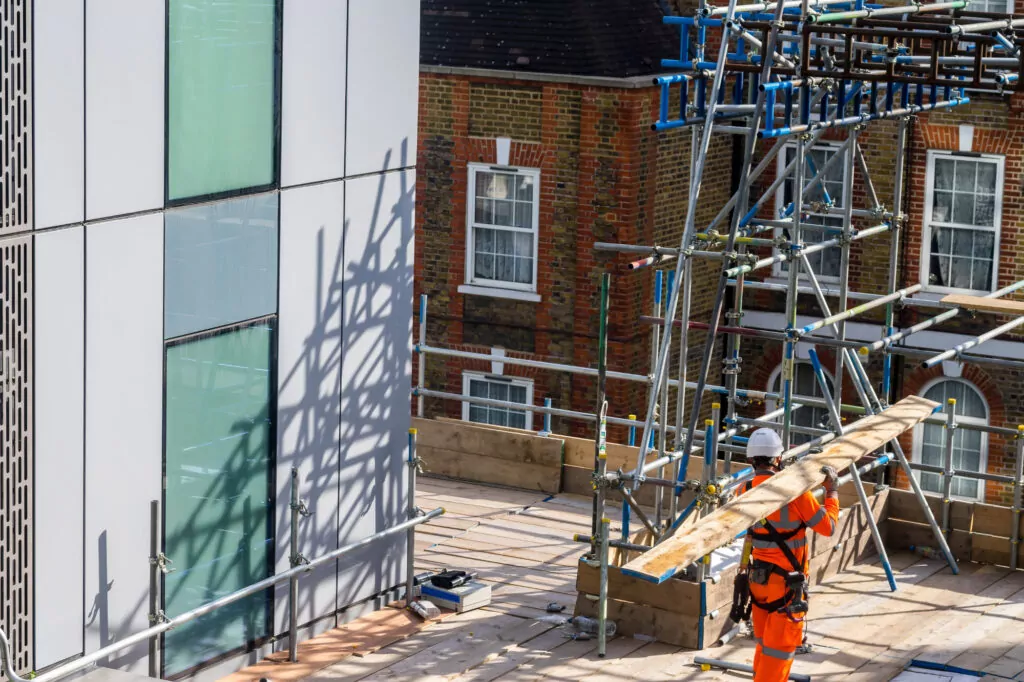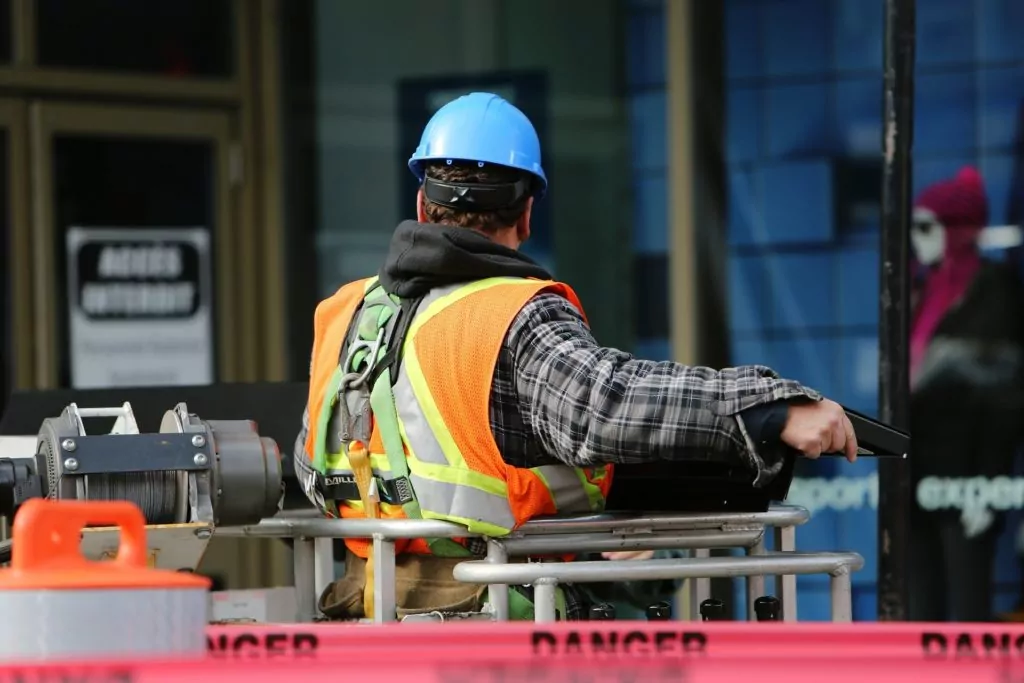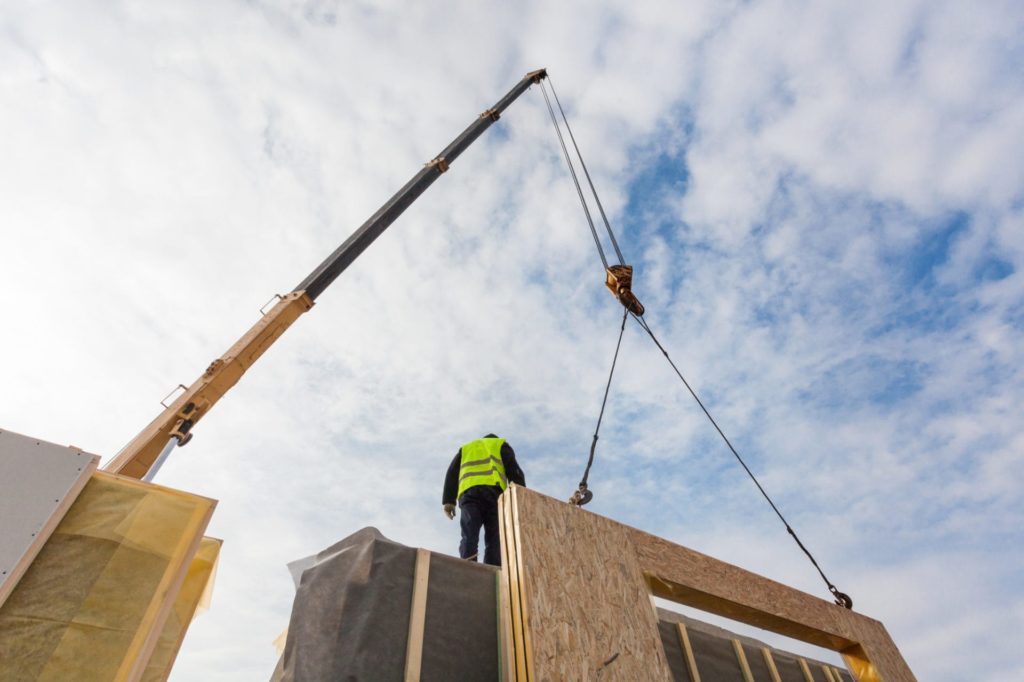
Coronavirus: Managing your community infrastructure levy liability

19 May Update: The government have now amended the CIL Regulations to help developers through the Covid-19 crisis. To read about the amends, please click here.
The current pressures on cash flow as a result of both the softening of the real estate market and delays in completing development due to COVID-19 will put real pressure on developers to minimise their costs at this time. We have set out some key questions and answers relating to minimising and spreading Community Infrastructure Levy (CIL) payments.
I've not yet commenced development, what are my options to avoid CIL?
The most obvious way to avoid paying CIL is not to commence development or to delay commencement. However, you may need to commence development sooner than you might otherwise like to, for example to prevent a planning permission from expiring.
Can I pay CIL by instalments?
Councils that currently have instalment policies in place may consider revising them to allow for more generous periods to pay the CIL due. The instalment policy that will apply to your development is the one in effect immediately prior to commencement.
Would a phased development break up CIL liability and help my cashflow?
It may be possible to amend your planning permission to allow it to be carried out in phases. If approved, this could break up the CIL liability into more manageable payments and assist in managing cashflow.
Is there any further relief available?
Some councils have introduced Exceptional Circumstances Relief. We can advise you on whether this relief is available and, if so, what the qualifying criteria are to make a claim.
I've started development, but would like to reduce the CIL payable. What can I do?
If your development is phased and there are phases where development has not yet commenced, we can discuss with you whether you might be able to take advantage of any exemptions or reliefs for those phases.
Once development has started, it is much harder to reduce or delay the CIL liability. Following commencement, CIL must be paid within 60 days or in accordance with any instalment policy in force. Even if you pause development, you will remain liable to pay the CIL either in a lump sum or in accordance with the instalment policy.
Strictly speaking, if you fail to pay an instalment on time, the unpaid balance becomes payable in full immediately and you may be charged interest on late payments and you may be subject to a surcharge or other enforcement action.
We understand some Councils are approaching developers to informally agree to defer payment of CIL. We recommend taking advice on any informal arrangement before missing an instalment or failing to pay CIL on the due date.
Summary and support
Over the next few months, the Government may amend the CIL Regulations to help developers through the current crisis. We will provide further updates once the details are available.
Our lawyers have a great deal of expertise in navigating the CIL Regulations and providing strategic advice to clients as to how to manage and minimise their CIL liability. We would be happy to discuss with you how we can best address your circumstances and support you if you want to pursue any solutions to the issues above.
For any legal help with development projects, feel free to get in touch.













